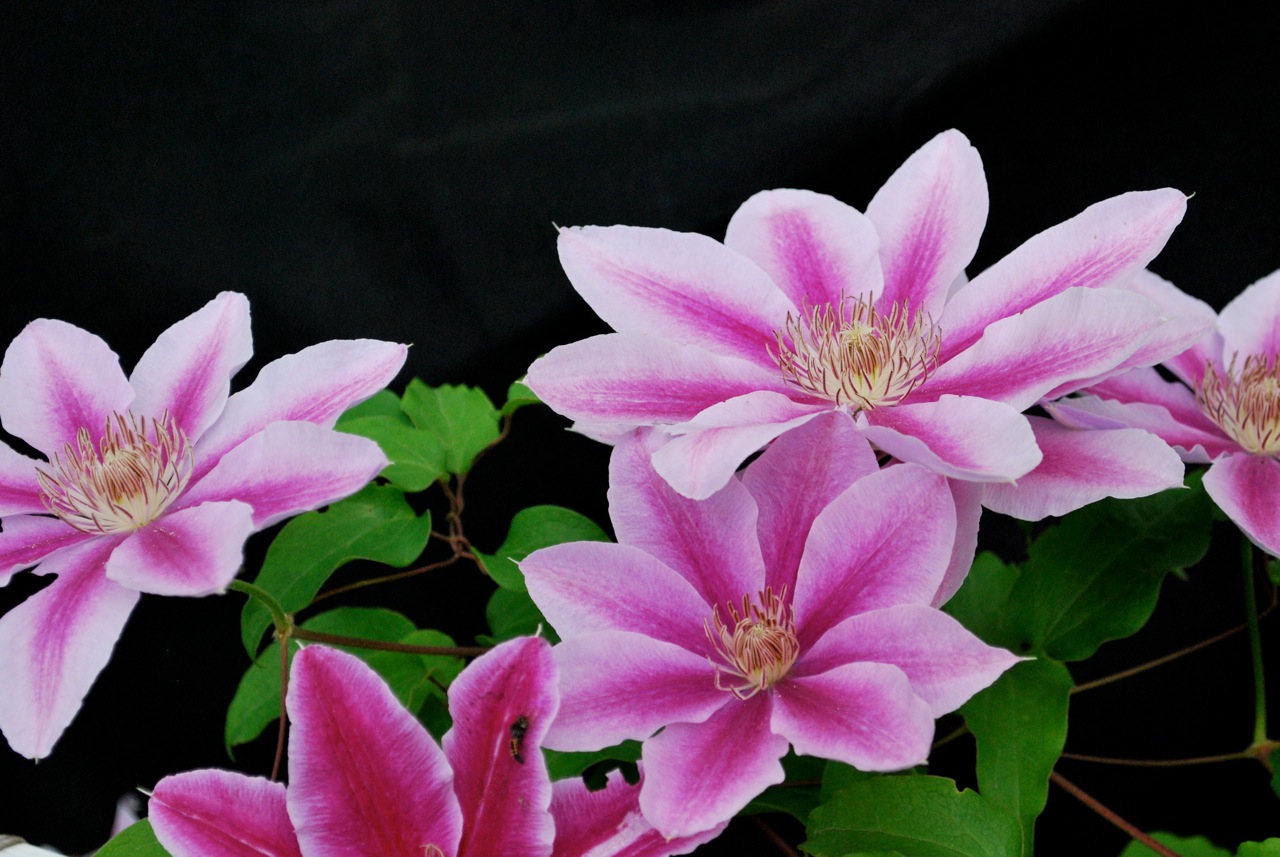
Hope
The final theme identified in this study is hope. According to the participants, the tension between despair and hope is a very salient component of the Corona experience. The pandemic evokes despair, yet also hope and empowerment. This contrast creates a key theme that features in therapeutic opportunities and in the social protest in Corona times in Israel. Martha illustrated this in an example from therapeutic work with a sight-impaired child, where the treatment message is “Don’t give up!”
Several participants believe that creating hope and empowerment in the current circumstances is their special power. In the spirit of Yalom’s 11 therapeutic factors, Judith viewed her optimism and the hope she brings as the secret of her professional success, even when the challenges of the current situation are unbearable:
Optimism and hope have so much power, and they prove themselves [to be effective] …in the end…we got through it! …. but I continuously held on to this optimism …the more I build up my own strengths and self-efficacy through creativity, spontaneity, and authenticity – it works!… the hope I plant is like Yalom and his 11 factors.
On this approach, a significant part of the therapist’s role, especially in the current period, is to raise clients’ hopes. In some cases, however, therapists themselves are inspired and gain hope in the course of their therapeutic work, as Orna summarized:
One’s connection to passion, creativity, and play…. does not disappear after age 80. You just have to give it a platform. You have to imagine it; and this gives [me] a lot of hope.
Hope is also an integral component of the social protest, which perhaps functions as a type of self-emergent complex system-wide intervention, as Ziva described:
The demonstrations against the situation…are located 10 minutes from my home…and the thing that … became clear to me during the pandemic is the right to shout. Suddenly I understood that the right to shout is an important right…I looked around and saw people from all four corners [of the country] and all styles. No one was labeling or categorizing anyone, and I thought that this was the only way that there could be hope. When we don’t categorize people and when we let people shout out their pain.
Observing and attending demonstrations creates a hope of a better future. As Ilan noted:
From my perspective, the fact that it’s already more than just a few isolated groups…. 100-200 people in Petah Tikva who are saying “Enough!” Now there are tens of thousands of people who are taking to the streets every week. In my opinion that changes reality. And reality changes, I don’t know how. I have no idea what’s going to happen next. I’m there in the street with this crazy humidity and crazy energy.
Like some demonstrators, I prefer to view the social protest and demonstrations as an expression of hope. This is the reason I decided to use words from Ilan’s summary (“Squills bloom in dry soil – Believe it, it’s happening!”) as the subtitle of this article. Perhaps like the squills, whose beautiful blooms herald the winter rains, the social protest signals a favorable change in Israel’s social reality.








